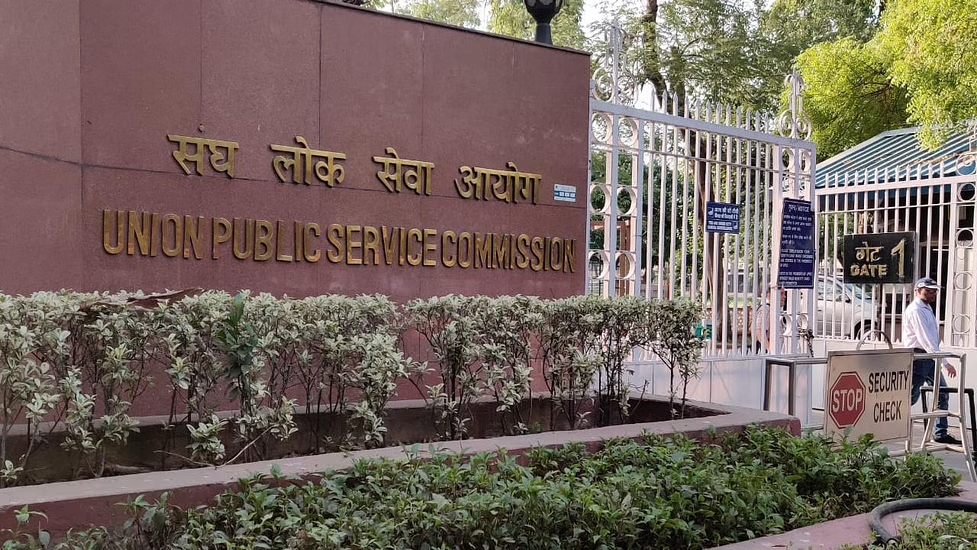
UPSC
Union Public Service Commission is the premier recruiting agency for the Government of India. UPSC is responsible for recruiting candidates for All India Services, Central Services, and Cadres, as well as the Armed Forces of the Union of India. Some services for which the UPSC recruits candidates are the Indian Administrative Service, Indian Police Service, Indian Foreign Service, Indian Revenue Service, etc. The Indian Administrative Service is the premier administrative civil service of the Government of India. Hierarchy-wise, IAS is the highest administrative post among the 24 services like IPS, IFS etc.
The UPSC is mandated by the Indian Constitution to make appointments to the All India Services and Central Services Group A and B, as well as to develop and update testing methodologies for these recruitments with input from various departments.
Apart from this, UPSC is also consulted on matters related to promotion and transfer of personnel as well as any disciplinary matters involving a civil servant serving in a civil capacity.
UPSC conducts the Civil Services Examination (CSE) every year. UPSC Civil Services Exam (CSE) consists of 3 stages. The stages are:
1. Preliminary Exam (objective) - The Civil Services Preliminary exam comprises two compulsory papers of 200 marks each (General Studies Paper-I and General Studies Paper-II). The questions will be of multiple-choice, objective type. The marks in prelims will not be counted for final ranking, but just for qualification for the main exam. Prelims is a screening test to select the candidates for the Main Exam. Having said that, it is not easy to clear the Preliminary Exam without sufficient preparation. Only the 3 out of 100 candidates are selected by the Union Public Service Commission to sit for the Main exam.
2. Main Exam (written) - The written examination (main) will consist of nine papers, but only 7 papers will be counted for the final merit ranking. For the rest two papers, the candidate should secure minimum marks prescribed by the commission each year. A candidate’s final rank in the Civil Service Exam depends only on the mark scored in the Main exam and Interview. The main exam has 1750 marks while the interview has 275 marks. Total marks are calculated out of 2025.
3. Interview (personality test) - The candidate will be interviewed by a Board who will have before them a record of his/her career. He/she will be asked questions on matters of general interest.
The exam window extends around 10-12 months (usually from June month of a year to June month next year when the results are announced).
Eligibility: To attempt the UPSC CSE exam, the candidate should have crossed 21 years (by August 1, the year in which he/she attempts the exam). The upper age limit is 32 for the General Merit category, 35 for the Other Backward Classes (OBC) and 37 for Scheduled Classes (SC) and Scheduled Tribes (ST). Additional relaxations are provided for certain special cases. Any graduate can attempt the UPSC Civil Services Examination. The graduation can be in any stream. It can be a regular degree or distance education.
We recommend The Impact IAS Academy right from the time you begin Civil Services Exam preparation. To crack Civil Services Exam, you need the right strategy. Candidates often find Civil Services Exam a hard nut to crack not due to lack of hard work or potential, but due to lack of the right strategy. AHAM academy provides extensive training, right strategy, comprehensive guidance and individual mentorship right from the beginning to help aspirants realize their golden dreams.
